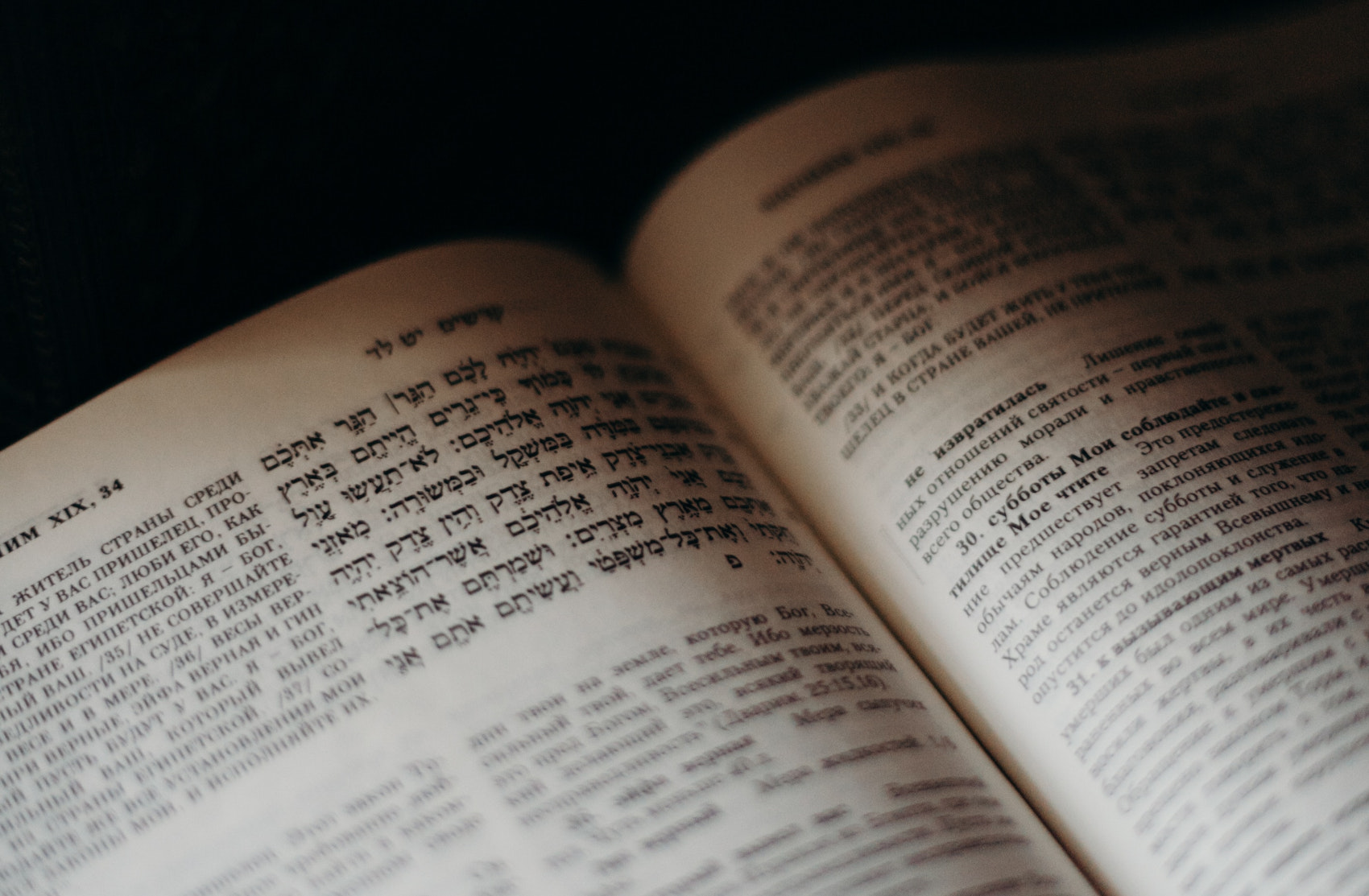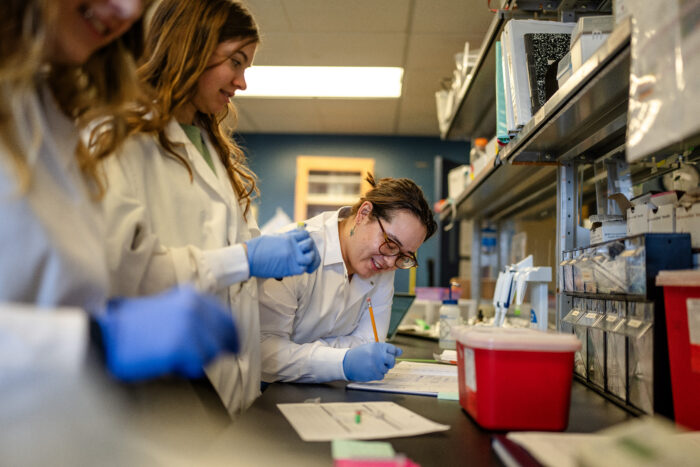*The following story originally appeared in Conversations on Jesuit Higher Education
When I began my academic career at Marquette University 23 years ago, I did not know what to expect. I did not fit the typical profile of my fellow faculty members. I lived in Illinois (not Wisconsin), and I was a Chicago Bears fan (not a Green Bay Packers fan). I was not a researcher (as most other faculty were) and was starting my academic career at the age of 41 (weeks after I earned my Ph.D. in biomedical engineering) after 14 years of working in the medical device industry (including nine years as a manager). I was one of a few Jewish faculty members in the entire University and was not familiar with Jesuit or Ignatian values.
During my employee orientation sessions, I learned about the Jesuits and the Ignatian values on which Marquette University was founded and which we continue to promote in our students. I was pleased to hear that the Jesuits were known for being open-minded and interested in other cultures and ideas. After a few years, I participated in a religious diversity group where faculty representing different faiths would share views of current events through the lenses of our own faith traditions. I also participated in spirituality lunches where I had the opportunity to explain some of my Jewish holidays to Marquette faculty.
As I began to learn more about Ignatian core values, I saw how similar they were to the Jewish values I had grown up with. The Ignatian values of men and women for others, faith that does justice, finding God in all things, working for the common good and reflection were familiar to me. Although stated in different words, these Judeo-Christian values have always been reflected in Jewish values and continue to guide ethical behavior.
The Hebrew Bible includes 613 mitzvot (or commandments). The terms mitzvah (singular for the plural (mitzvot) and mitzvot are sometimes used to refer to “good deeds.” As Jews, the mitzvot command us to feed, clothe, and shelter those who lack basic necessities, pursue justice, and advocate for the poor, homeless, and elderly.
Other good deeds that play a significant role in Judaism include tzedakah (righteous giving) and gemilut hasidim (acts of loving kindness). The spectrum of tzedakah ranges from the lowest level (giving money directly to someone in need) to the highest level (teaching someone how to earn a living on their own.) Anonymous giving of money is thought to be better than giving in public because it preserves the dignity of the recipient. Examples of gemilut hasidim include donating one’s time, effort and energy to helping others or causes that help others.
Another practice in Judaism that reflects Jewish values and ethical behavior is tikkun olam (repairing the world). It is best explained through the following from a book on Jewish mysticism, Safer Yetzirah, by Isaac Luria (16th-Century Rabbi, Safed, Israel):
Before creation, there was nothing but God. God was in all time and space, and God’s light filled the cosmos. In order to make room for creation, God had to make some space where there was no God. So, God took a deep breath to make room for the universe. In the space from which God had withdrawn, the heavens and earth were formed. But that meant that God was nowhere in creation. So, God exhaled some of God’s light into the world. But this light was too strong, too bright for the vessels that were meant to hold it, so they shattered. And the world was filled with tiny sparks of God’s light.
Now, the world is filled with these divine sparks, and they are hidden and lost everywhere. It is the responsibility of all Jews to gather some of these sparks and restore them to their place. By doing so, creation can be restored to its original perfect state. The task of restoring or repairing the world is tikkun olam. As God’s partners in restoring and repairing the world, Jews are commanded to work for social justice by working for peace, freedom, and justice for all people, restore the environment, and improve world health and that of our planet.
Reflection is a significant part of Judaism. Daily reflections may be part of daily prayers or more informal, spontaneous meditations and reflections of gratitude or other feelings. Each week, during Shabbat (the Jewish sabbath) which starts on Fridays at sunset and ends on Saturdays at sunset, we separate ourselves from our daily routines, rest, refrain from work, and reflect on the past week. During Rosh Hashanah (New Year) and the following 10 days of repentance, we reflect on the past year, think about how we can become better people, and ask people that we may have hurt or sinned against for forgiveness. At the end of this period, during Yom Kippur (Day of Atonement), we reflect on the past year, ask forgiveness from God (or anyone we may have hurt or sinned against during the year) for sins we have committed, and fast for 24 hours. We again take time to reflect on how we will be better people during the new year.
As I learned more about Ignatian values and realized how similar they are to Jewish values, I became more interested in incorporating them into my classroom. Over the years many of my biomedical engineering design students have lived these values by designing assistive devices to help people with disabilities and developing less costly, more appropriate medical technologies for people in resource-poor countries. This has given them a sense of purpose, experience with being men and women for others, the confidence to know that they can use their engineering skills to help others, and a desire to find careers that allow them to work for the common good and help repair the world.



